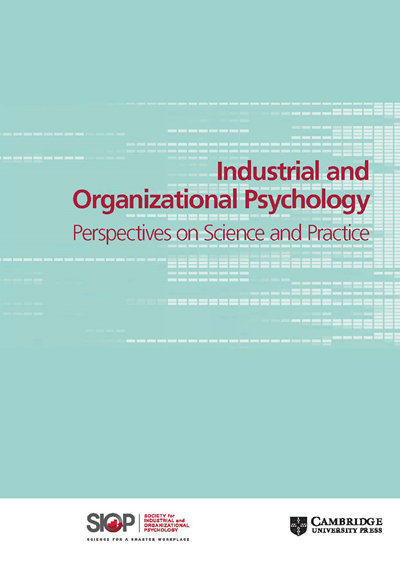开放科学与认知多元化:一个充满危险和机遇的故事
IF 4.3
3区 心理学
Q1 PSYCHOLOGY, APPLIED
Industrial and Organizational Psychology-Perspectives on Science and Practice
Pub Date : 2022-12-01
DOI:10.1017/iop.2022.67
引用次数: 0
摘要
从广义上讲,开放科学可以被定义为“通过合作网络共享和发展的透明和可访问的知识”(Vicente Saez和Martinez Fuentes,2018,第434页)。因此,它指的是旨在发现科学欺诈、提高研究透明度和可复制性的广泛做法。在他们的重点文章中,Guzzo等人(2022)强调了这些价值观与组织中的应用研究之间的一些紧张关系。在这篇评论中,我们提出了一个略有不同的论点:开放科学运动作为(后)实证主义研究范式的直接产物1,有可能扼杀认识论和科学多元主义,并再现其声称要纠正的历史科学等级制度。在这样做的过程中,我们区分了开放科学的精神(即促进参与、透明度和获得科学的途径)及其实施(例如,OSF徽章、TOP指南和多实验室研究,以及该领域其他学者对社交媒体和播客的性别歧视攻击[例如,2021年11月关于Roxanne Felig及其合著者论文的推特帖子]以及对女权主义认识论的普遍漠视;Brabeck,2021)。在这篇评论的第一部分,我们关注开放科学的理想,并考察了一些未陈述的假设,提出了一组基于建构主义思想的同样有效的假设,然后我们讨论了开放科学实践的不受约束的实施如何会使不认同其认识前提的学者边缘化。最后,我们提出了一些改进开放科学运动的思路。本文章由计算机程序翻译,如有差异,请以英文原文为准。
Open science and epistemic pluralism: A tale of many perils and some opportunities
Broadly, open science can be defined as “transparent and accessible knowledge that is shared and developed through collaborative networks” (Vicente-Saez & Martinez-Fuentes, 2018, p. 434). Hence, it refers to a broad range of practices aimed at detecting scientific fraud and enhancing transparency and replicability of research. In their focal article, Guzzo et al., (2022) highlighted several tensions between these values and applied research in organizations. In this commentary, we develop a slightly different argument: the open science movement, as a direct offspring of (post)positivist research paradigms1, has the potential to stifle epistemological and scientific pluralism and reproduce historical scientific hierarchies it purports to redress. In doing so, we distinguish between the spirit of open science (i.e., promoting participation, transparency, and access to science) and its implementations (e.g., OSF badges, TOP guidelines, and multi-laboratory research, but also sexist attacks on social media and podcasts by other scholars in the field [e.g., the Twitter pile-on in November 2021 regarding Roxanne Felig and her coauthors’ paper], and a general disregard of feminist epistemologies; Brabeck, 2021). In the first part of this commentary, we focus on open science’s ideals and examine a few unstated assumptions, advancing a set of equally valid assumptions based on constructionist thought, and then we discuss how unchecked implementations of open science practices can marginalize scholars that do not subscribe to its epistemic premises. We conclude with a few thoughts to improve the open science movement.
求助全文
通过发布文献求助,成功后即可免费获取论文全文。
去求助
来源期刊

Industrial and Organizational Psychology-Perspectives on Science and Practice
PSYCHOLOGY, APPLIED-
CiteScore
7.70
自引率
10.10%
发文量
85
期刊介绍:
Industrial and Organizational Psychology-Perspectives on Science and Practice is a peer-reviewed academic journal published on behalf of the Society for Industrial and Organizational Psychology. The journal focuses on interactive exchanges on topics of importance to the science and practice of the field. It features articles that present new ideas or different takes on existing ideas, stimulating dialogue about important issues in the field. Additionally, the journal is indexed and abstracted in Clarivate Analytics SSCI, Clarivate Analytics Web of Science, European Reference Index for the Humanities and Social Sciences (ERIH PLUS), ProQuest, PsycINFO, and Scopus.
 求助内容:
求助内容: 应助结果提醒方式:
应助结果提醒方式:


